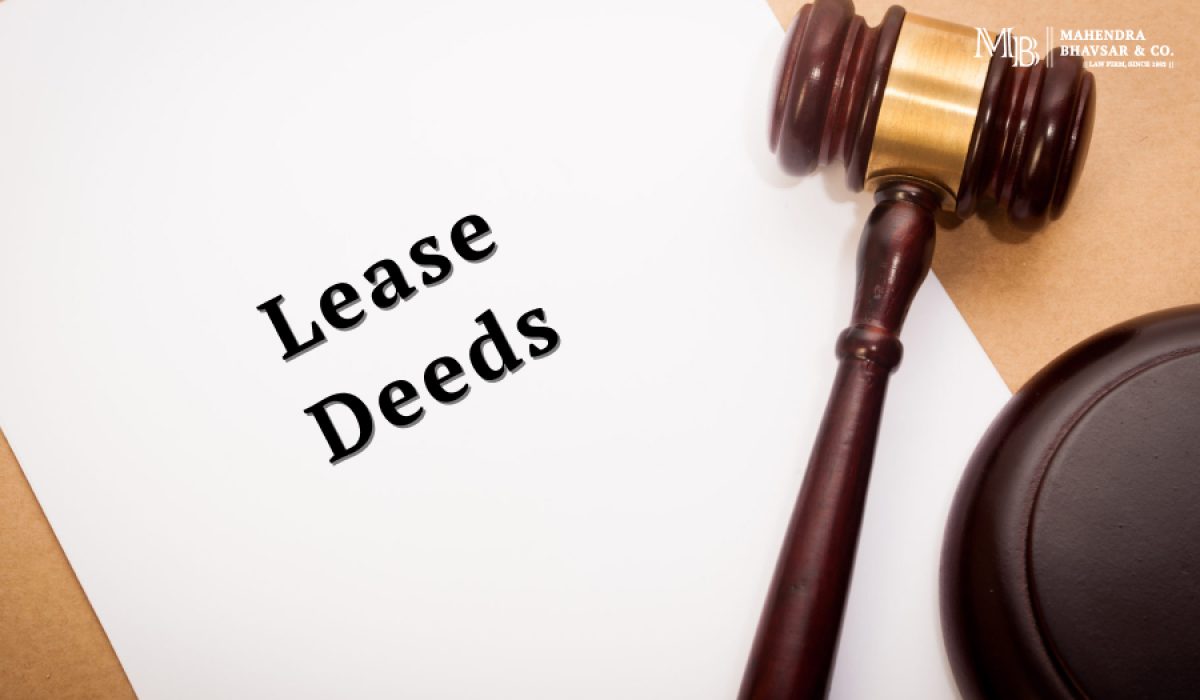Introduction
The Allahabad High Court in Veer Bahadur Singh v. Hindustan Petroleum Corporation Limited & Ors., Writ-C No. 169 of 2025, adjudicated on the crucial issue of lease deed execution in dealership selection. The case revolves around whether witnessing a lease deed equates to its execution, particularly in light of Clause 4(vi)(a) of the Brochure governing retail outlet selection.
Facts of the Case
The petitioner, Veer Bahadur Singh, challenged the selection of Respondent No. 3 for a retail outlet dealership on the grounds that the lease deed offered by the respondent did not comply with the mandatory provisions of Clause 4(vi)(a). The clause requires that if a leased property is offered by an applicant, the lease deed must be executed by all co-owners. However, in this case, while one co-owner signed the lease deed, others merely witnessed it.
Additionally, two lease deeds—dated 24.07.2023 and 18.09.2023—were submitted. The second deed was accepted as an amendment to the first, without providing a legal basis for doing so. The petitioner argued that a fresh lease deed could not supersede the original without canceling it first.
Issues Before the Court
- Whether mere witnessing of a lease deed by co-owners amounts to its execution as per Clause 4(vi)(a) of the Brochure.
- Whether the acceptance of the second lease deed as an amendment was legally valid.
Arguments Advanced
Petitioner’s Arguments:
- The lease deed was not validly executed as not all co-owners had signed it.
- A second lease deed could not be treated as an amendment without canceling the first one.
- Acceptance of the second lease deed by the respondent authority lacked any cogent reasoning.
Respondent’s Arguments:
- The purpose of the clause was to avoid future litigation. Since all co-owners witnessed the deed, they had, in effect, consented to it.
- The second lease deed was executed before the cut-off date and was therefore valid.
- Reliance was placed on Poonam Verma & Ors. v. Delhi Development Authority [(2007) 13 SCC 154] to argue that witnessing the document implied consent.
Reasoning and Judgment
The Court categorically rejected the respondents’ argument that witnessing a lease deed amounted to execution. It reiterated that execution requires active participation and agreement to the terms, which mere witnessing does not satisfy. The Court observed:
- Clause 4(vi)(a) is a mandatory provision requiring execution by all co-owners, as upheld in prior judgments (Rahul Singh v. IOCL, Akshay Kumar Jaiswal v. UOI, Abrar Qureshi v. UOI, and Rashmi Saroj v. Ministry of Petroleum & Natural Gas).
- The second lease deed was a fresh document and could not be treated as an amendment without canceling the first lease deed.
- The reliance on Poonam Verma was misplaced, as it pertained to a different factual scenario and did not override the specific requirement of execution under Clause 4(vi)(a).
Accordingly, the Court quashed the impugned order dated 18.11.2024 and directed a fresh draw of lots for dealership allocation.
Conclusion
This judgment reinforces the legal principle that witnessing a document does not equate to executing it. The ruling upholds the sanctity of mandatory contractual provisions in dealership selection, ensuring procedural fairness. Future dealership applicants must ensure strict compliance with execution requirements to avoid disqualification.
FAQs:
Q1. What does Clause 4(vi)(a) of the dealership Brochure require?
Clause 4(vi)(a) mandates that if an applicant offers leased land for a dealership, all co-owners must execute the lease deed—not merely witness it.
Q2. Did the Court accept witnessing as valid execution of the lease deed?
No. The Allahabad High Court held that mere witnessing does not fulfill the requirement of execution. Execution requires active and informed consent through signature as a lessor.
Q3. What was the issue with the second lease deed submitted by the respondent?
The second lease deed was treated as an “amendment” to the first one without cancelling the earlier deed. The Court held that such substitution is legally invalid without proper termination of the original lease.
Q4. What are the implications of this ruling for future dealership applicants?
The judgment emphasizes strict compliance with procedural requirements. Any lease offered for dealership purposes must be duly executed by all legal co-owners, failing which the application may be disqualified.
Q5. Can a second lease deed replace the first without cancellation?
No. The Court clarified that a new lease deed cannot override or amend an earlier one unless the first is lawfully cancelled or revoked.
Stay informed with insights that matter. Follow us for more updates on key legal developments.
Disclaimer
The content provided here is for general information only; it does not constitute legal advice. Reading them does not create a lawyer-client relationship, and Mahendra Bhavsar & Co. disclaims all liability for actions taken or omitted based on this content. Always obtain advice from qualified counsel for your specific circumstances. © Mahendra Bhavsar & Co.
